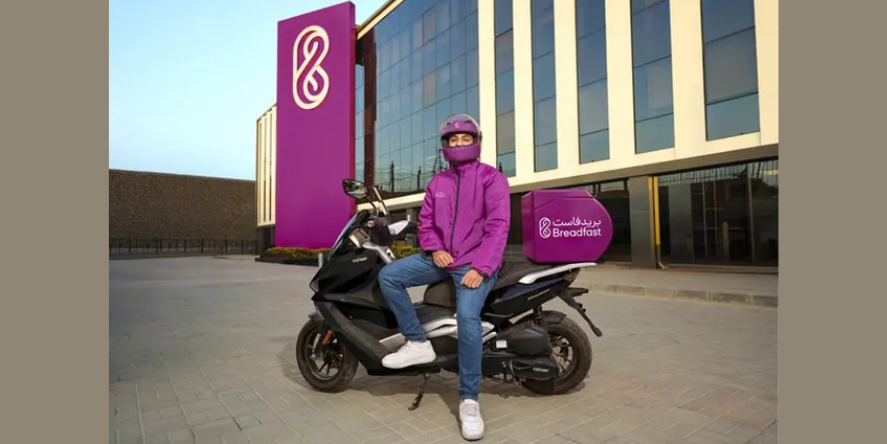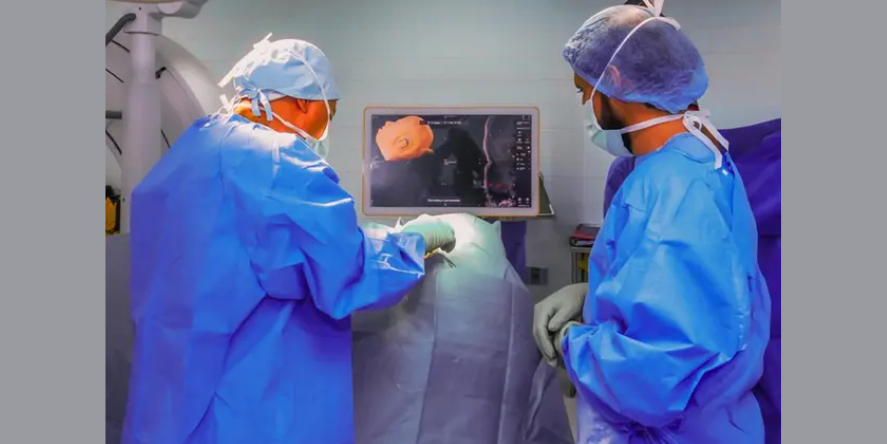Have you ever watched a courtroom drama and wondered how they understand all that technical jargon? That’s where expert witnesses come in. These folks with specialized knowledge explain complex issues to the judge and jury, helping them make sense of everything from medical records to accident scenes.
Understanding the different types of experts available is crucial because the qualifications for an expert witness depend heavily on the specific case. The right expert can distinguish between winning and losing, so let’s delve into the fascinating world of expert witnesses!
Common Types of Expert Witnesses
Let’s dive into some of the most common types of expert witnesses you might encounter in court.
Medical Experts
Imagine a personal injury case. A medical expert, like a neurologist or psychiatrist, could be called upon to explain the extent of injuries, whether they’re permanent, and how they impact the person’s life. Their testimony can be crucial in determining fair compensation.
Forensic Experts
Ever seen those crime scene investigators on TV meticulously collecting evidence? Forensic experts, like fingerprint or DNA analysts, take that evidence and analyze it in a lab. Their findings can be powerful in criminal and civil cases, linking a suspect to a crime scene or exonerating someone wrongly accused of a crime.
Engineering Experts
Not all legal battles involve medical issues or crime scenes. Engineering experts, from mechanical engineers to civil engineers, can be brought in to analyze product failures, construction accidents, or even traffic collisions. Their expertise helps determine whether a product was defective, whether building codes were violated, or how an accident unfolded.
Financial Experts
Financial experts are like financial detectives. They can analyze complex financial records to uncover economic damages in a lawsuit or help untangle the web of transactions in a suspected fraud case. Their testimony can shed light on lost wages due to injury, the value of a stolen business idea, or the true financial picture of a company accused of wrongdoing.
Other Specialized Experts
The legal system utilizes a wide range of specialized experts depending on the case. Here are a few examples:
- Vocational Experts: Assess the impact of an injury on someone’s ability to work.
- Mental Health Experts: Evaluate a person’s mental state relevant to the case.
- Accident Reconstruction Experts: Analyze the scene of an accident to determine how it happened.
These are just a few examples, and the specific type of expert needed will vary depending on the unique circumstances of each case.
Choosing the Right Expert Witness
Finding the right expert witness can make a difference in your case. According to some research, studies have shown that juries are heavily influenced by expert testimony – up to 90%. That’s why selecting an expert with the perfect blend of experience and qualifications is critical.
Imagine you’re in a car accident case. A general physician might be okay, but a specialist in trauma care would be far more impactful. The right expert can explain complex issues clearly and in a compelling manner, strengthening your arguments and potentially swaying the jury in your favor. So, take the time to find the expert who best fits the specific needs of your case.
The Impact of Expert Witnesses on a Case
A well-prepared and credible expert witness can be a game-changer in the courtroom. Their ability to translate complex information into understandable terms allows the judge and jury to grasp the intricacies of a case.
A medical expert presents clear visuals to explain a complicated injury, and a forensic expert uses real-world examples to demonstrate how evidence ties to a suspect. This clarity can significantly influence the outcome – a strong expert can bolster your arguments, cast doubt on the opposing side’s claims, and ultimately tip the scales of justice in your favor.
Blog received by Andrew










